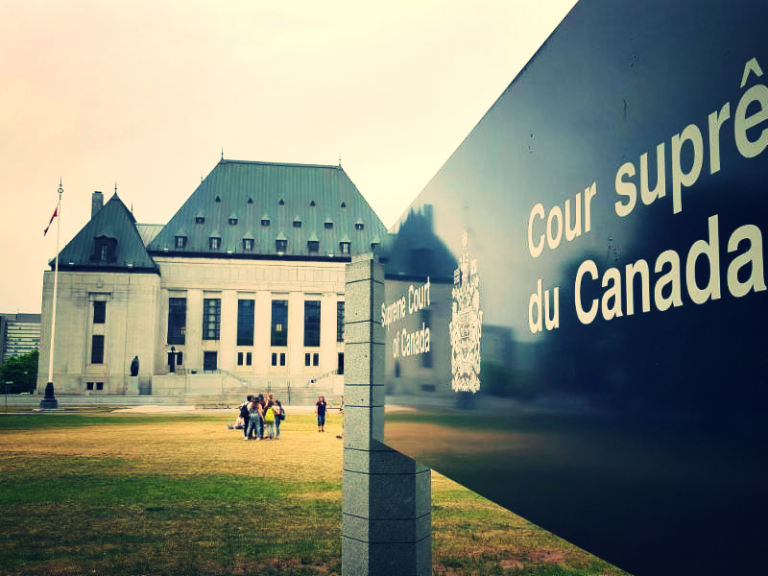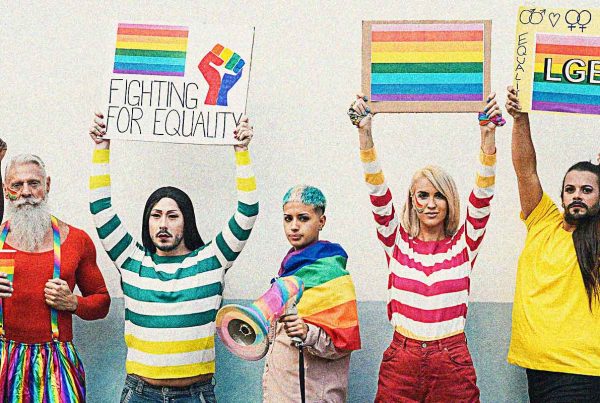FOR IMMEDIATE RELEASE
November 29, 2017
TORONTO, Ont. – This week- on November 30th and December 1st – the Canadian Civil Liberties Association (“CCLA”) will appear before the Supreme Court of Canada in Trinity Western University, et al. v. Law Society of Upper Canada.
The case concerns a private evangelical Christian university which requires all students and faculty to sign a Community Covenant based on evangelical Christian notions of Biblical teaching and morality. The Covenant prohibits, among other things, sexual intimacy outside of “marriage between one man and one woman.” Trinity Western University (TWU) would deny admission to any student who refused to sign the Covenant. The Law Society of Upper Canada (and the Law Society of British Columbia) denied accreditation to TWU’s prospective law school because of the discriminatory nature of its Covenant.
CCLA is an intervenor in the case, and will argue before the Supreme Court that accreditation of a law school confers upon the host university a significant public benefit – financial and reputational. As such, any law society must take into account the fact that the Covenant discriminates, and must make its decision about accreditation in light of human rights, Charter rights and Charter values. These include liberty, privacy, and equality, all of which would be violated if accreditation is granted.
CCLA will argue that accreditation of the proposed TWU law school will lead to a myriad of rights violations, unresolvable privacy and disciplinary issues for the Law Society if TWU law school graduates were to face academic penalties or complaints based on any same sex relationship students or alumni may have had during their studies.
“[T]he inquiry into one’s private sex life and the ongoing “monitoring” of one’s personal life is unwarranted, discriminatory and completely divorced from the requirements of a law school education, and individuals’ reasonable expectation of privacy.”
– CCLA’s factum to the Supreme Court
“Consenting adults can and should be able to choose to enter a closed, private religious community, and as part of that community, may choose not to pursue the privacy, equality and other rights to which they are entitled. An academic institution seeking a significant public benefit is a very different kind of entity, and is not entitled to violate the equality, privacy, liberty and other fundamental rights of its students and faculty.”
– Noa Mendelsohn Aviv, Acting Executive Director, CCLA
The CCLA is represented by Alan D’Silva and Alexandra Urbanski of Stikeman Elliott LLP.
Details of the hearing are as follows:
Dates: November 30th and December 1st, 2017
Time: 9:30am
Location: Supreme Court of Canada
*This is expected to be a highly publicized hearing. Doors open 1-hour before, and will be open to the general public at 9:00am. Seats are on a first come first serve basis.
Read CCLA’s factum here.
Read TWU’s Community Covenant here.
Contact:
Noa Mendelsohn Aviv, Acting Executive Director, CCLA
416-363-0321 x226
mendelsohnaviv@ccla.org
The Canadian Civil Liberties Association (CCLA) is a national non-partisan, non-profit organization that works to protect the rights and freedoms of all people in Canada. Its mission is to promote respect for and observance of fundamental human rights and civil liberties, and to defend, extend, and foster recognition of these rights and freedoms.
About the Canadian Civil Liberties Association
The CCLA is an independent, non-profit organization with supporters from across the country. Founded in 1964, the CCLA is a national human rights organization committed to defending the rights, dignity, safety, and freedoms of all people in Canada.
For the Media
For further comments, please contact us at media@ccla.org.





